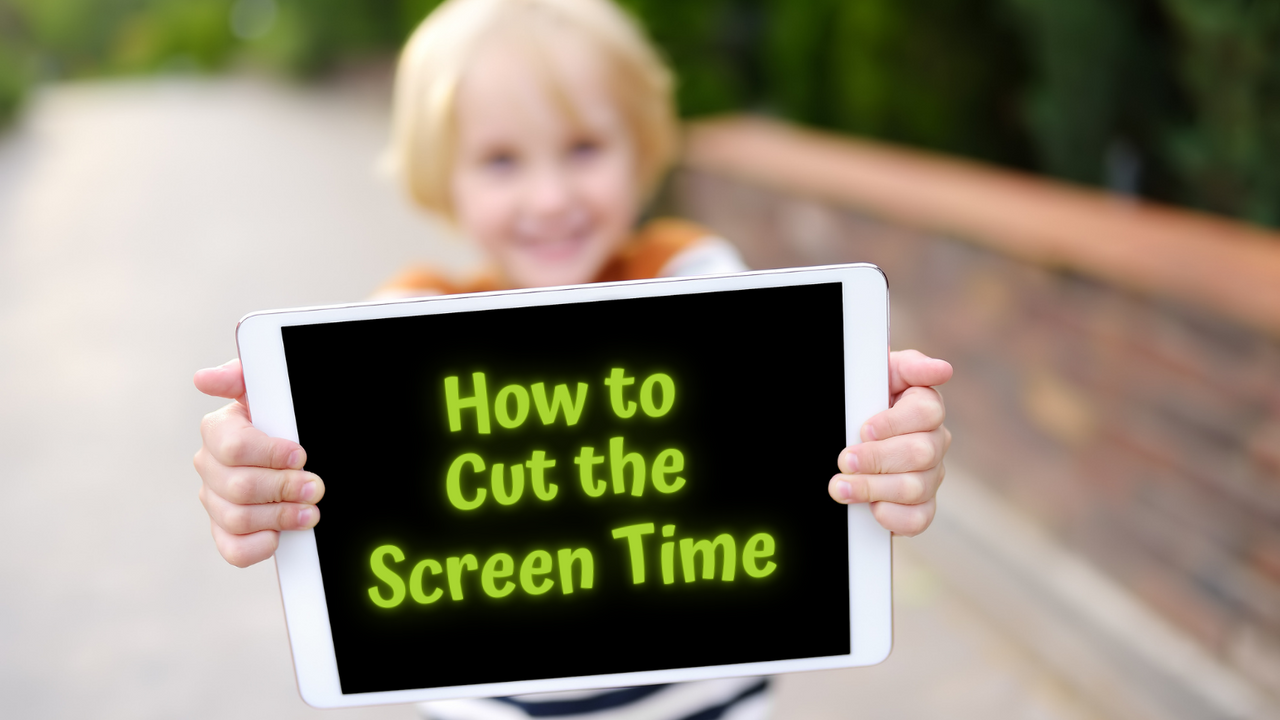How To Cut The Screen Time
Nov 30, 2022
The amount of time that kids spend in front of a screen is a big factor in their mental health. In fact, according to research, it appears to be an even more important factor than how much physical activity they do!
At KidShape, we encourage limiting kids’ recreational screen time to no more than 2 hours per day, in conjunction with recommendations of most major health organizations. That’s easier said than done! To get started towards this goal, talk together as a family to come up with some guidelines for screen use. Here are some things to discuss:
1. Find your "Why".
What are the main reasons you want to balance time between screen use and other activities? Knowing the reason can help make rule-setting easier. Both adults and kids should express their thoughts on why limiting screen time is important.
2. Define family rules.
Discuss what rules will help with achieving the screen time goal. Look back at the “why” answers for ideas. For example, if getting a good night’s sleep is one reason “why”, then consider setting a nighttime cutoff for screen use. Other ideas:
- No devices allowed at mealtime
- Are screens allowed in the bedroom? What times?
3. Establish rewards & consequences.
Positive incentives are better than negative consequences. Discuss this as a family so everyone has input.
- Rewards: If the child turns off screens at 8:30 PM without asking (for a night, or several nights), then the child gets to schedule a play date.
- Consequences: Perhaps the person who looks at their phone during a meal is the one who has to wash the dishes. Be creative and avoid over punishing.
4. Allow flexibility.
Life may require some exceptions to the screen time rules, so allow for flexibility. Communicate clearly why the usual rules are being flexed, whether it’s for a long road trip, or for an urgent matter.

References:
Sampasa-Kanyinga H, Colman I, Goldfield GS, Janssen I, Wang J, Podinic I, Tremblay MS, Saunders TJ, Sampson M, Chaput JP. Combinations of physical activity, sedentary time, and sleep duration and their associations with depressive symptoms and other mental health problems in children and adolescents: a systematic review. Int J Behav Nutr Phys Act. 2020 Jun 5;17(1):72. doi: 10.1186/s12966-020-00976-x. PMID: 32503638; PMCID: PMC7273653.
Biddle SJ, Asare M. Physical activity and mental health in children and adolescents: a review of reviews. Br J Sports Med. 2011 Sep;45(11):886-95. doi: 10.1136/bjsports-2011-090185. Epub 2011 Aug 1. PMID: 21807669.
Get the KidShape Toolbox Newsletter
Get healthy recipes and family wellness tools delivered to your inbox! Sign up today and we will send you the KidShape Toolbox packed with resources to help build a healthier family.
We hate SPAM. We will never sell your information, for any reason.

